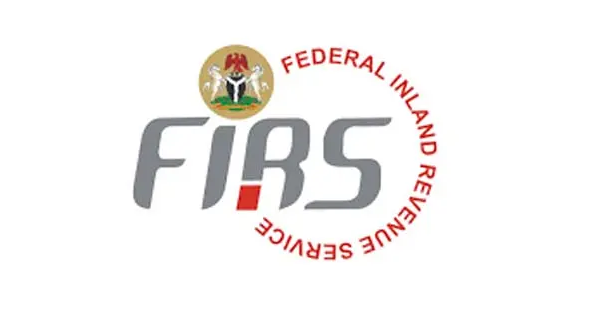The Nigerian Government says plans are afoot to harmonise tax collection in the country and make the Federal Inland Revenue Service (FIRS) sole collector of taxes usually operated by 62 other agencies.
Head of the Presidential Committee on Tax Policy and Fiscal Reforms, Taiwo Oyedele, made this known in an interview with Channels TV on Wednesday.
According to him, when that happens, agencies like the Nigeria Custom Service (NCS) can now focus on trade facilitation and border protection, and Nigerian Communications Commission (NCC) will focus on regulating telecommunications as they are not set up to collect revenue.
He decried that Nigeria’s revenue from taxes was one of the lowest in the world but ironically one of the countries with the highest cost of collection
“And the reason for that is that we’ve got all manners of agencies. The Federal Government alone has 63 MDAs that were given revenue targets last year in the 2023 budget.
“And two things that would come up from that: on one hand, these agencies are being distracted from doing their primary function which is to facilitate the economy. Number two, they were not set up to collect revenue, so, they won’t be able to collect revenue efficiently.
“So, move those revenue collection functions to the FIRS. It has two advantages: the cost of collection and efficiency will improve, these guys will focus on their work, and the economy will benefit as a result.”
Oyedele said when the FIRS takes over the tax collection function, the other agencies will focus more on service delivery and less on raising revenue.
“If you are Customs, focus on trade facilitation, and border protection and if you are NCC (Nigerian Communications Commission), just regulate telecommunications. You are not set up to collect revenue.
“It can be your revenue and someone else can collect it for you. There will be more transparency because you see what is being collected and is accounted for properly. It is also a way of holding ourselves to account as to how we spend the money we collect from the people.”
He added that he expects pushback from stakeholders and others benefitting from the process, but the committee would stick to its sole objective and added the presidential committee would look into excess bank charges.
He also pointed out that Nigeria has a significant tax gap estimated in the region of N20 trillion, hence the need to focus more on the few major taxes – Value Added Tax, Corporate Income Tax, Personal Income Tax.
Last month, President Bola Tinubu approved the establishment of a Presidential Committee on Fiscal Policy and Tax Reforms.
The committee, chaired by Taiwo Oyedele, the Fiscal Policy Partner and Africa Tax Leader at PriceWaterhouseCoopers (PwC), consists of experts from the private and public sectors with a mandate that encompasses tax law reform, fiscal policy design and coordination, harmonisation of taxes, and revenue administration.









